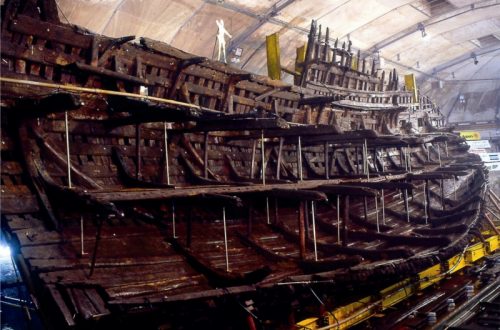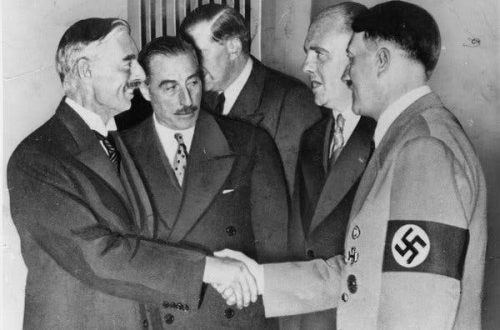From Rebecca West’s reporting on the Nuremberg trials, collected in A Train of Powder:
But it was in the case of the [German] admirals that the court made a decision which proved Nuremberg to be a step farther on the road to civilization. They were charged with violating the Naval Protocol of 1936, which reaffirmed the rules of submarine warfare laid down in the London Naval Agreement of 1930. They had, and there was no doubt about it, ordered their submarines to attack all merchant ships without warning and not stop to save the survivors. But the tribunal acquitted them on this charge on the grounds that the British and the Americans had committed precisely the same offence. On May 8, 1940, the British Admiralty ordered all vessels in the Skagerrak to be sunk on sight. Also Admiral Nimitz stated in answer to interrogatories that unrestricted submarine warfare had been carried on by the American Navy in the Pacific Ocean from the first day that the campaign opened. The fact was that we and the Germans alike had found the protocol unworkable. Submarines cannot be used at all if they are to be obliged to hang about after they have made a killing and throw away their own security. The Allies admitted this by acquitting the admirals, and the acquittal was not only fair dealing between victors and vanquished, it was a step towards honesty. It was written down for ever that submarine warfare cannot be carried on without inhumanity, and that we have found ourselves able to be inhumane. We have to admit that we are in this trap before we can get out of it. This nostra culpa of the conquerors might well be considered the most important thing that happened at Nuremberg. But it evoked no response at the time, and it has been forgotten.


